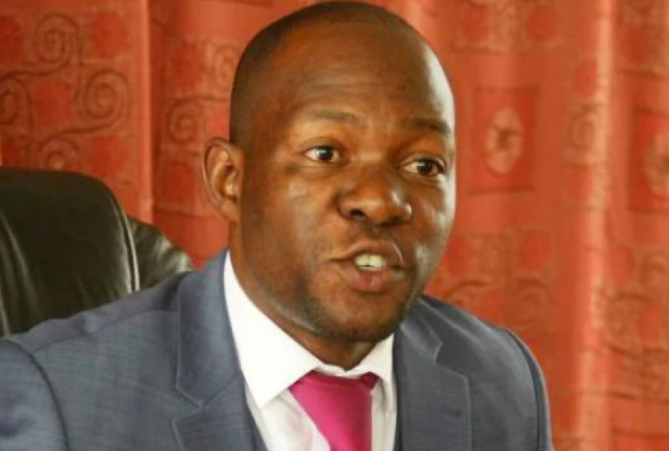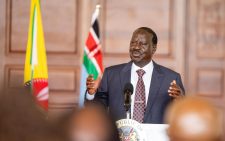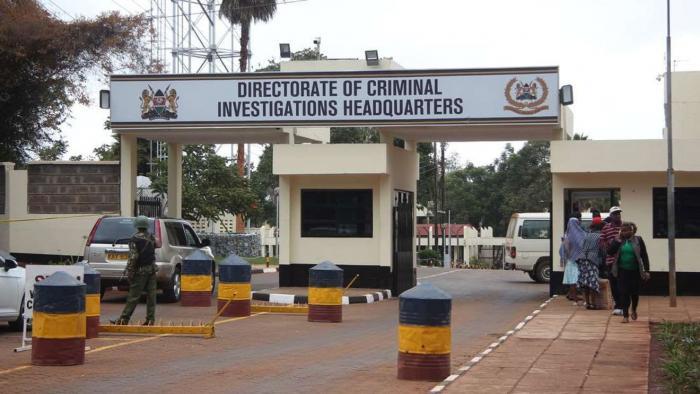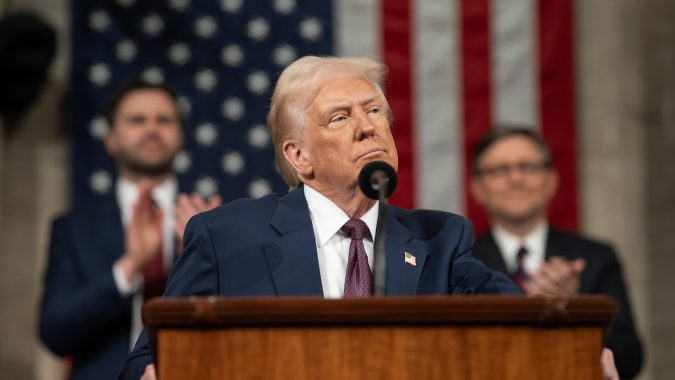Concerned Kenyans order Bishop Mwai to surrender Ruto’s Ksh20M donation
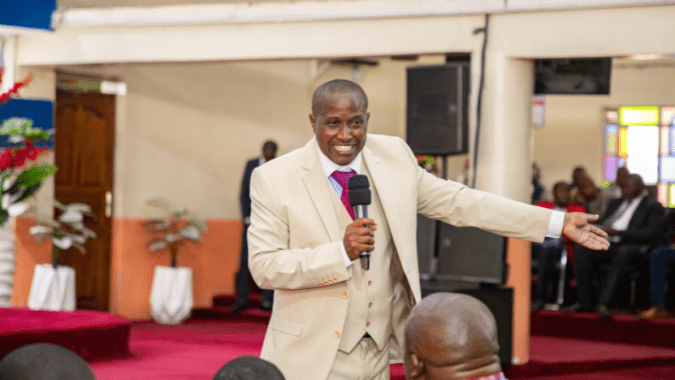
Four concerned activists have called on Bishop Edward Mwai of Jesus Winner Ministry in Roysambu to return Ksh20 million donated by President William Ruto during a church service on Sunday, March 2, 2025.
Kennedy Kariithi Gachenge, Lempaa Soyinka, Fanya Mambo, and Peter Kuira claim the money is suspicious and could be the proceeds of a crime.
The four concerned citizens, in a letter drafted by Ndegwa and Ndegwa Associates, argue that the President failed to disclose the source of the funds and that the donation violates transparency and accountability standards.
The activists refer to a December 30, 2024, report by the Organized Crime and Corruption Reporting Project (OCCRP), which ranked President Ruto as the second most corrupt person in the world. They also link the donation to recent corruption scandals involving public institutions like the Social Health Authority (SHA) and the Social Health Insurance Fund (SHIF), where massive amounts of money were reportedly lost.
“Our clients are therefore aware that on the 2 nd March, 2025, William Ruto, the President of the Republic of Kenya, paid a visit to your church for what was clandestine as a usual Sunday service, only to turn out to be a platform where suspected proceeds of crime and/or unexplained assets would change hands. Our clients legitimately believe that the Kshs. 20,000,000.00/= that was bequeathed to you by William Ruto are or were proceeds of crime, or they fall within the definition of unexplained assets, having been donated by an individual who was on the 30th December, 2024, ranked as the 2nd most corrupt citizen of the world by the Organized Crimes and Corruption Reporting Project-OCCRP,” the letter read in part.
Adding;
“The said colossal amounts were also given to you by the president at a time when the auditor general has found that our public institutions, to wit, SHA and SHIF, have been penetrated
by massive corruption, and they are said to have lost public funds.”

Legal actions
They warn that receiving the funds could make the church complicit in corruption. According to the Anti-Corruption and Economic Crimes Act (ACECA), handling suspicious money can lead to severe legal consequences, including a fine of up to Ksh1 million or a prison term of up to ten years.
“This therefore means, that by dint of your actions of receiving the said suspected amount, you are aiding and abetting the commission of a crime of corruption,” the letter read in part.

The activists have urged Bishop Mwai to surrender the funds to the Ethics and Anti-Corruption Commission (EACC). They caution that if the church fails to comply, they will initiate private prosecution and civil proceedings to recover the money.
“Further to the above, our clients have duly instructed us to advice you that in light of Section 2 (a) and(b) of the Anti-Corruption and Economic Act, ACECA, you are now deemed to have unexplained assets, at the value of Kshs. 20,000,000.00 /= as issued to you by the President of Kenya, and which monies are disproportionate to his known sources of income,” Ndegwa added.
Ruto defends his donotaions
President Ruto has remained firm in his commitment to donating to churches despite growing criticism.
While speaking at the Jesus Winner Ministry, he defended his actions, stating that he was raised in a culture of giving and that he would not stop making contributions to the church.
“I am a product of giving to God, and I am unapologetic about giving to God, and I do it on the firm foundation of the scriptures.”
He further emphasized that his support for churches was also a way to counter his political opponents.
“I have accepted to come and do harambee together, and in that harambee, I will make arrangements with my friends to look for Ksh 100 million and bring it here. We will build this church so that we shame our political enemies,” he said.
Ruto’s donations have previously sparked debate, with the Kenya Conference of Catholic Bishops (KCCB) barring Catholic churches from accepting cash donations from politicians. Nairobi Archdiocese Bishop Philip Anyolo notably rejected his Ksh5.8 million donation. While some churches have complied with KCCB’s directive, others continue to accept political contributions.
